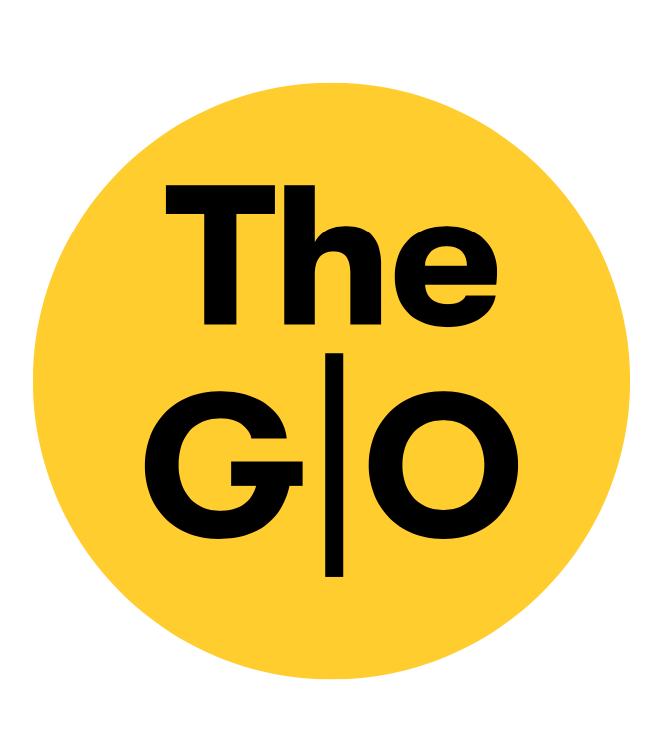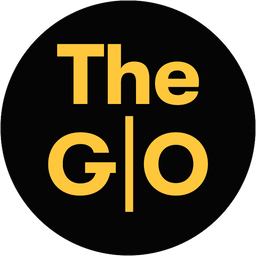
22 Years and Counting: The FIFDH Returns. We talked to the new team in charge.
22 Years and Counting: The FIFDH Returns. We talked to the new team in charge.
Next Monday (February 26), the UN Human Rights Council (HRC) will open its 55th session. Over six weeks, it will scan the globe and map the state of human rights in our tormented world. Sessions of a UN body are a highly organized affair, heavy on arcane rules and procedures for the outside. The HRC is also the most political body of International Geneva, and a decision over which issue to take up, and who gets to participate in the discussions, is often an arduous process.
Twenty-two years ago, a group of human rights activists, encouraged by the Brazilian Sergio Vieira de Mello—a charismatic, think-different, reform-minded, passionate UN Human Rights Chief—had the visionary idea of using cinema to show and document human rights violations. There should be no barrier to entry when denouncing human rights violations; no restrictions to which country or person can be held to account. By dint of its freedom, and through gathering artists, human rights defenders, intellectuals and academics, the gathering would offer a different kind of space to defend and promote human rights, to pay tribute to the courage of its defenders. Thus was born the FIFDH, the Geneva International Film Festival and Forum on Human Rights. Its 22nd edition opens March 8. Today, an interview with the team at the helm of the event-of which, full disclosure, the G|O is proud to be a media partner.
-PHM

PHM: You are now presiding over a festival that has become a Geneva cultural and political institution. What are your main objectives for this edition. Are you pushing the Geneva International Film Festival and Forum on Human Rights (FIFDH)* in new directions?
FIFDH: It will be in line with previous editions, staying true to the spirit and the core values of the Festival, presenting films, and having panels and discussions with guests from all walks of life. What will change is a new emphasis on maximizing the impact of the films and documentaries by proposing concrete solutions to the problems and encouraging our audience to get involved in contributing to those solutions. That’s what our newly created ‘Spotlight’ section aims to do. In the past, this initiative was reserved for professionals, we now have extended it to the general public.
Another ambition is to strengthen the coherence between the different parts of the program. It is difficult to be exhaustive about the human rights situation in 2024. We always have to make choices, choose angles. But from conflicts to the climate emergency, social and economic inequalities, crises, and emergencies are all interconnected and overlapping. We wanted the program to reflect that by articulating [it] like a dialogue.
You have been with the FIFDH for the last few years. Has the make up of the audience changed much?
The festival has a very broad audience. Depending on the event and the evening, the public varies greatly. This forces us to curate the program with different audiences in mind, to address specific and cutting-edge themes while still making them accessible to the widest public audience possible.
Over the years, one constant is that our audience has gotten younger. Kids who discovered the FIFDH through our school program come back after a few years as young adults, and we’re very proud of that!
Fundamental rights are under unprecedented attack around the world. Democracy and liberal values are in retreat. The promotion and defense of human rights often leads to a growing pushback by authoritarian regimes. What can a film festival hope to do in this context?
The strength of an event such as the FIFDH lies in its ability to unite the audiences with those who help us make sense of complex situations, [allowing us to] reflect on collective solutions and remind us of the need to take action. By inviting the public to be curious, to exchange with and to listen to the people who are directly concerned with specific human rights issues, the festival makes tangible the importance of collectively resisting and fighting for human dignity.
The participation of many human rights defenders in our festival can also raise their international visibility and facilitate connections with other activists, as well as international organizations, thus reinforcing their message and their protection.
In an environment often saturated by entertainment, what impact would you say the film and documentaries that you are showing can have? And what can be done to make sure they have the largest one?
Films have the capacity to immerse us into the stories and the lives of other people, sometimes living far away, in situations that we had never been made aware of before. Through our selections, we discover new realities, and connect to communities who deal with daily struggles to protect their livelihood, their environment, their culture, often their own lives.
It is well known that we tend to protect things that we know, and that we care about. With the films we choose for our Festival, we hope our audiences will broaden their perspectives on the world they know and will pay attention to and care for issues that go beyond their own personal, individual space.
Give me three reasons to come. If I have never attended, what can I expect?
- The FIFDH is a unique opportunity to meet and interact with inspiring and passionate filmmakers, activists, thinkers, and artists, people who sketch out new ways of achieving what urgently needs to be done to create a more inclusive, equitable, and livable future for all.
- You might discover (un)told stories that not only fuel concrete action, but also open up spaces where collective solutions—ranging from the pragmatic and tangible to the radical or utopian—can emerge or be cultivated.
- Lastly, you can expect to find yourself asking questions about what you don’t know, discovering what you should be paying attention to, and deciding where your engagement lies.
Philippe Mottaz spoke with Laila Alonso-Huarte and Laura Longobardi, co-editorial directors of the FIFDH, Robin Adet, Head of the Forum, and Guillaume Noyé, the Festival’s Operations director.
From left to right in the photo: Robin Adet, Laila Alonso Huarte, Laura Longobardi, and Guillaume Noyé.
Photo-©Miguel Bueno- FIFDH
This interview was edited for length and clarity.
*Full disclosure: The G|O is a media partner of the FIFDH and producer of three Forum debates, on March 9, 12, and 17. The G|O’s Senior writer Jamil Chade will moderate BRICS: The World Upside Down on March 12 at the Graduate Institute.

